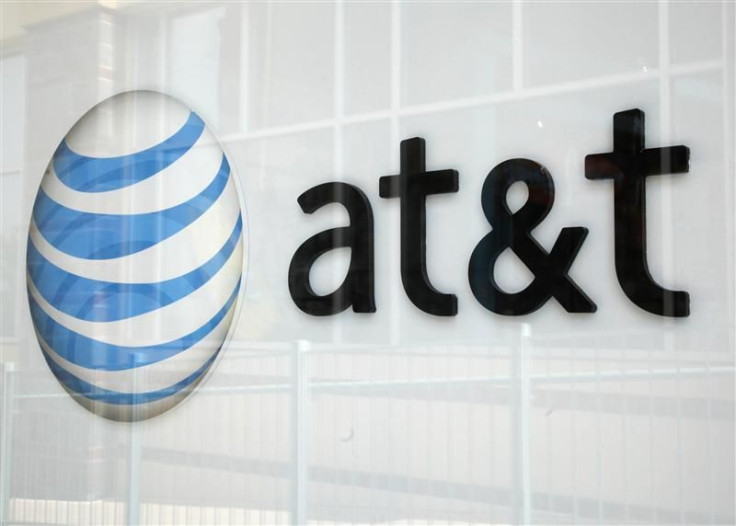AT&T Returns Fire at FCC Over Critical Report on T-Mobile Merger

AT&T Thursday hit back at the Federal Communications Commission for releasing a staff report trashing the telecom giant's $39 billion bid for T-Mobile, calling the agency's analysis obviously one-sided.
In a lengthy statement on AT&T's website, Jim Cicconi, a senior executive vice president, said the report was unfair to the company and disputed findings that the merger's benefits to consumers were overstated.
The document is so obviously one-sided that any fair-minded person reading it is left with the clear impression that it is an advocacy piece, and not a considered analysis, Cicconi said. The report cherry-picks facts to support its views, and ignores facts that don't.
Dallas-based AT&t's embattled merger proposal was pulled from the FCC Nov. 24 after Chairman Julius Genachowski called for a rare hearing into the deal.
The parties said they intend to proceed with the transaction and the FCC still has the responsibility, ultimately, to approve any transaction and the staff report was released yesterday to be in fairness to those who participated, Genachowski said Wednesday, according to Politico.
Is Merger in Public Interest?
The report, released Tuesday, said AT&T and T-Mobile failed to prove that the merger is in the public interest. The FCC analysis concluded that competition would be harmed, resulting in price increases, reduced service quality and a slower roll out for new products or innovations.
The report also shot down one of AT&T and T-Mobile's main selling points on the merger: 97 percent of Americans, including those in rural areas, would have access to mobile broadband service. FCC said AT&T will nonetheless expand to cover most of the U.S. population because of competition.
Cicconi, however, noted that the report's conclusions on competition show a logical inconsistency.
The report apparently assumes a high enough level of competition exists in rural areas to compel billions of dollars in investment, Cicconi said. Yet the report elsewhere argues that the level of wireless competition in more populated areas of America is so fragile that the merger must be disallowed.
He also rebutted the FCC's determination that T-Mobile, based in Bellevue, Wash., will continue to invest in the future. Cicconi cited a declaration from T-Mobile's parent Deutsche Telekom that its U.S.-based subsidiary must be self-funding because of the capital demands in Europe.
By doing this, the report blatantly ignores facts, and instead substitutes speculation and hypotheticals -- treating them as if they were fact, Cicconi said. Any fair person, however, knows the difference.
The FCC is not the only roadblock to AT&T's T-Mobile takeover. The Department of Justice has filed a legal challenge to the proposal.
Despite the initial set back in the FCC, AT&T has said a new merger application will be filed with the agency. Though Cicconi said the report was neither the fair nor objective treatment AT&T expected from the FCC, he was optimistic about his company's future dealings with the agency.
This has not been our past experience with the agency, Cicconi said, which lets us hope for and expect better in the future.
© Copyright IBTimes 2024. All rights reserved.





















